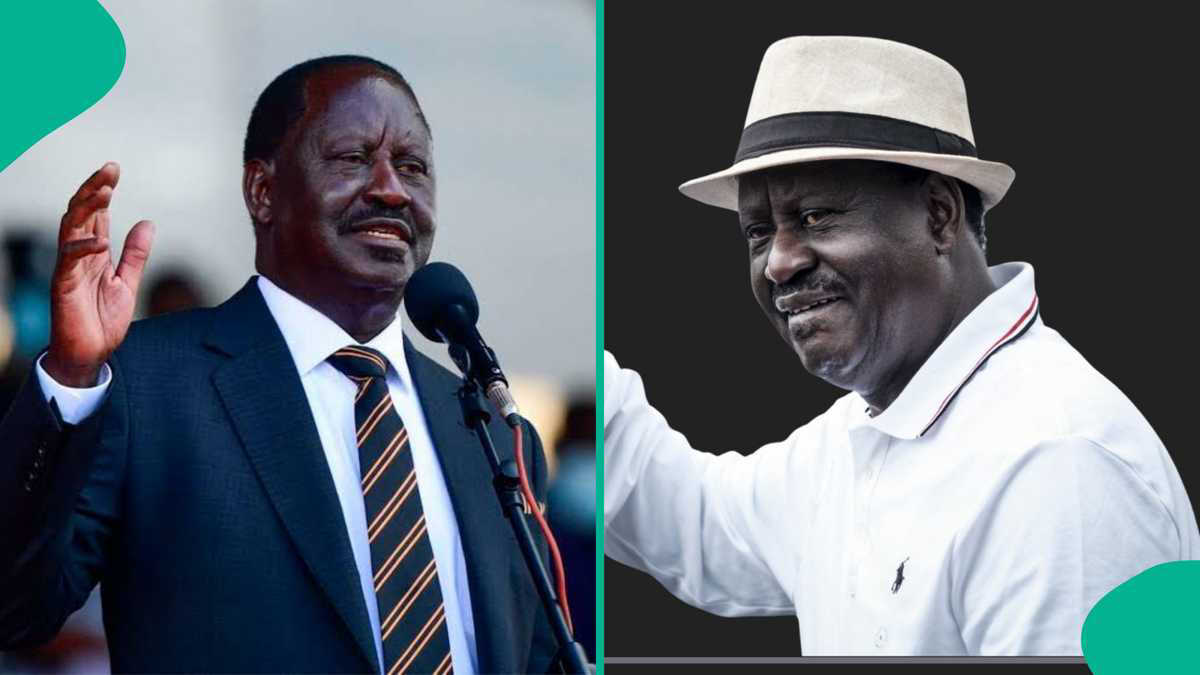
Prominent Kenyan opposition leader and former Prime Minister Raila Odinga has died at the age of 80 while in India, authorities and media sources confirmed on Wednesday. The news of his passing has sent shockwaves across Kenya and the continent, as millions reflect on the legacy of a man who shaped modern Kenyan politics.
According to Kerala police, Odinga collapsed during a morning walk in the southern Indian state. He was accompanied by his sister, daughter, and a personal doctor, as well as security personnel. He was rushed to a private hospital but later declared dead, sources said.
Born on January 7, 1945, Raila Amolo Odinga was a towering figure in Kenyan politics. The son of Jaramogi Oginga Odinga (Kenya’s first Vice President), Raila dedicated much of his life to political activism, opposition politics, and pushing for democratic reforms.
He entered parliament in 1992 and went on to contest multiple presidential elections—in 1997, 2007, 2013, 2017, and 2022—often claiming he was cheated of victory. His leadership in years of political turbulence earned him both fierce support and criticism.
Between 2008 and 2013, Odinga served as Prime Minister during a grand coalition government that emerged from the post-2007 election crisis—a period marked by both reconciliation and controversy.
Local reports said Odinga was in India for medical treatment, including Ayurvedic therapy. He had been staying in Kerala, and collapsed while walking within hospital premises in Koothattukulam.
A hospital spokesman confirmed he experienced breathing difficulty, was attended to onsite with CPR, then rushed to the hospital where he could not be revived.
Condolences have poured in from Kenyan political leaders, international figures, and citizens. His party, the Orange Democratic Movement (ODM), is expected to issue an official statement soon.
Raila Odinga’s passing marks the end of an era in Kenyan politics. His role as opposition leader, reform advocate, and political constant over four decades made him a central figure in debates over democracy, election integrity, and Kenyan identity.
His death raises many questions: Who will lead the ODM now? How will his absence reshape opposition politics? And how will the government and society honor a man who was, for many, the face of political hope and change?
As Kenya and the world absorb the shock, memorials, tributes, and retrospectives are expected to dominate the coming days. His life and struggles are already being revisited in media, schools, political circles, and homes.